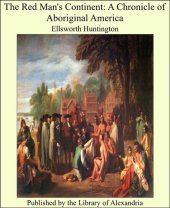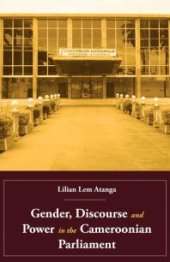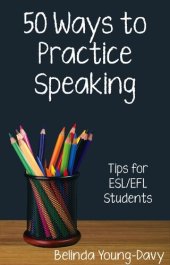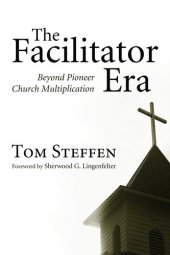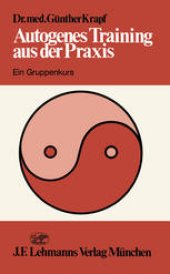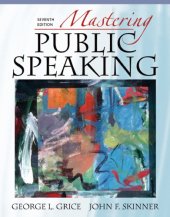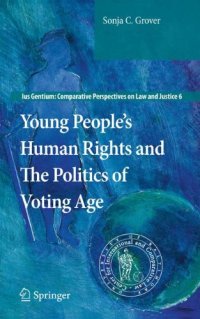
Ebook: Young People’s Human Rights and The Politics of Voting Age
Author: Sonja C. Grover (auth.)
- Tags: Political Science general, Law general, Developmental Psychology, Law and Psychology, Sociology general
- Series: Ius Gentium: Comparative Perspectives on Law and Justice 6
- Year: 2011
- Publisher: Springer Netherlands
- Edition: 1
- Language: English
- pdf
Young People’s Human Rights and The Politics of Voting Age is the first book to address in-depth the topic of voting age eligibility as a universal fundamental human rights issue rather than an internal, discretionary State policy matter. International perspectives on the issue of voting age eligibility are examined as are the legal, historical, philosophical and sociological dimensions of the legislated age-based bar to the vote. The book examines examples of movements for the youth vote at 16. Also addressed is the failure of high profile human rights organizations and institutions to endorse the vote at age 16 and the implications for democratic values of the denial of the youth vote in most Western and non-Western States. The book would be extremely valuable for instructional purposes as one of the primary texts in undergraduate or graduate courses on children’s human rights, political psychology, sociology, political science, sociology of law and as a supplementary text for courses on human rights or constitutional law. It would be of great interest also to members of the general public concerned with children and youth human rights issues.
Young People’s Human Rights and The Politics of Voting Age explores the broader societal implications of voting age eligibility requirements and the legislative bar against youth voting in North America and in Commonwealth countries (where ‘youth’ is defined as persons 16 and over but under age 18). The issue is raised as to whether the denial of the youth vote undermines democratic principles and values and ultimately the human dignity of youth. This is the first book to address the topic of the youth vote in-depth as a fundamental human rights concern relating to the entitlement in a democracy to societal participation and inclusion in influencing policy and law which profoundly affects one’s life. Also examined are international perspectives on the issue of voting age eligibility. The book would be extremely valuable for instructional purposes as one of the primary texts in undergraduate or graduate courses on children’s human rights, political psychology, political science , sociology of law or society and as a supplementary text for courses on human rights or constitutional law and would be of interest also to members of the general public concerned with children’s human rights issues.
